The Future of Sustainable Bitcoin Mining Containers and Their Impact on Green Energy
The increasing demand for Bitcoin and the urgency to address environmental concerns has led to innovative solutions in the realm of cryptocurrency mining. Among these solutions, the emergence of the Bitcoin Mining Container stands out as a pioneering approach that integrates sustainability with efficiency. These containers are designed to optimize energy use while minimizing the carbon footprint associated with traditional mining facilities.
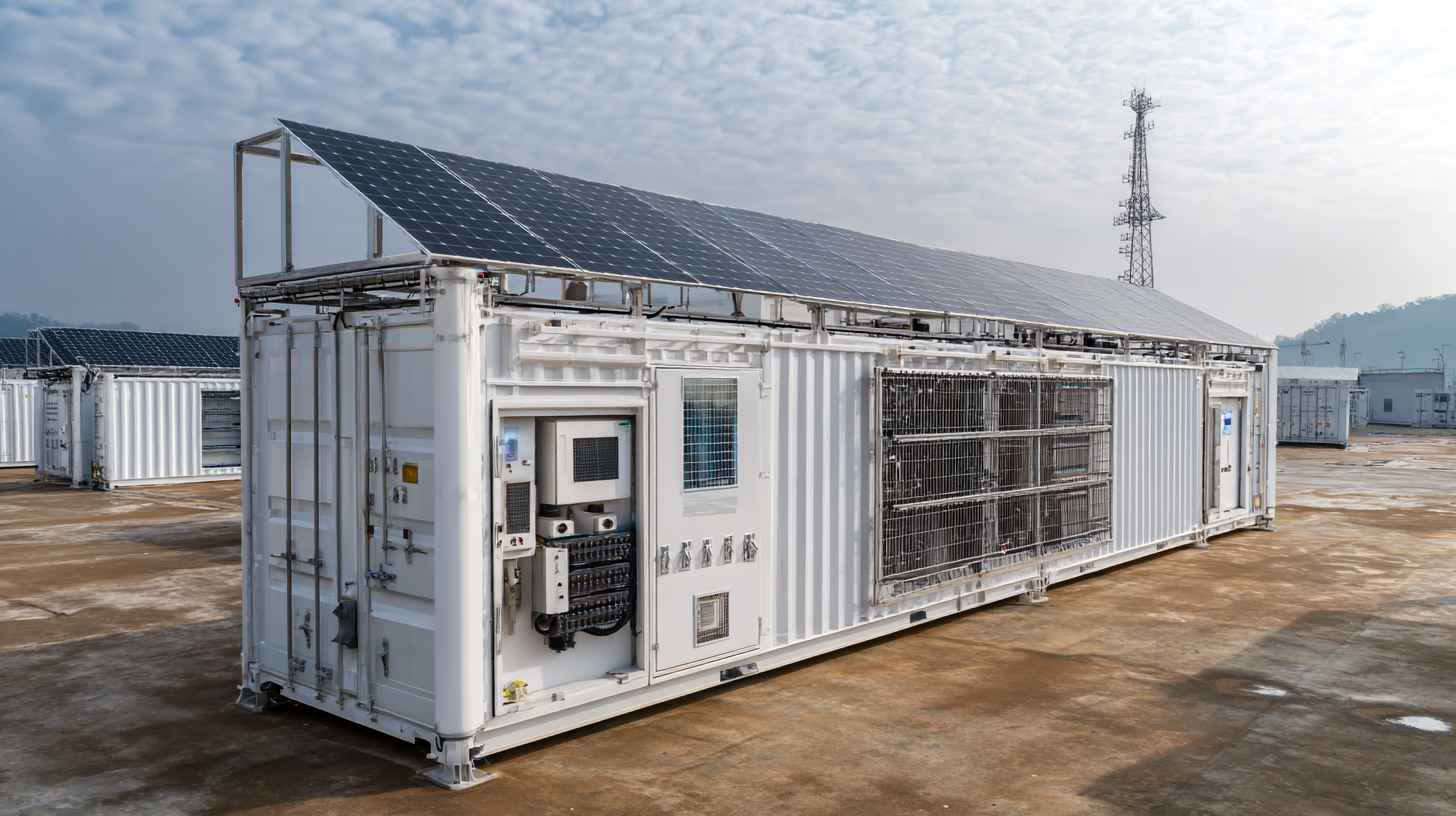
By leveraging renewable energy sources and innovative cooling systems, Bitcoin Mining Containers promise to revolutionize the mining industry, making it more aligned with the principles of green energy. As we explore the future of these containers, it is crucial to understand their potential impact not only on the cryptocurrency market but also on global energy consumption patterns and environmental stewardship.
Emerging Technologies in Sustainable Bitcoin Mining Containers
Emerging technologies in sustainable Bitcoin mining containers are revolutionizing the cryptocurrency landscape by significantly reducing the environmental impact of mining operations. These innovative containers are designed to be energy-efficient and utilize renewable energy sources, such as solar and wind power, to operate. By integrating advanced cooling systems and modular designs, these containers not only enhance the operational efficiency of mining rigs but also minimize energy consumption, making the mining process more sustainable.
Moreover, the application of artificial intelligence and machine learning in managing these mining containers has further optimized their performance. Smart algorithms can automatically adjust operations based on real-time energy pricing and availability, ensuring that miners can capitalize on the most cost-effective and environmentally friendly energy sources. As the demand for Bitcoin continues to soar, leveraging these emerging technologies will be essential in mitigating the carbon footprint associated with mining, fostering a greener future for the cryptocurrency industry.
The Future of Sustainable Bitcoin Mining Containers and Their Impact on Green Energy
This bar chart illustrates the projected adoption rates of sustainable Bitcoin mining technologies over the next five years, highlighting the increasing emphasis on green energy sources.
Assessing the Carbon Footprint of Bitcoin Mining Operations
The growing awareness of the environmental impacts of Bitcoin mining has spurred significant shifts towards renewable energy sources. Recent reports indicate that over 50% of global Bitcoin mining is now powered by sustainable energy. This transition is crucial as the industry matures and economic pressures escalate. Despite progress, the carbon footprint of Bitcoin mining operations remains a critical issue, leading to urgent calls for actionable strategies to further reduce its environmental impact.
One of the primary concerns is the tremendous energy consumption associated with Bitcoin mining. Studies highlight that various regions exhibit different environmental footprints depending on their primary energy sources. For example, mining operations in countries utilizing fossil fuels generate significantly higher carbon emissions compared to those powered by renewable sources. Tips for miners aiming to mitigate their carbon footprint include investing in energy-efficient technologies and exploring partnerships with renewable energy providers.
Furthermore, the complex relationship between Bitcoin mining and water usage cannot be overlooked. Operations are increasingly scrutinized for their effects on local ecosystems, particularly in regions where water resources are limited. As the industry continues to evolve, it is imperative that miners adopt sustainable practices that prioritize both energy efficiency and environmental stewardship, ensuring a greener future for cryptocurrency.
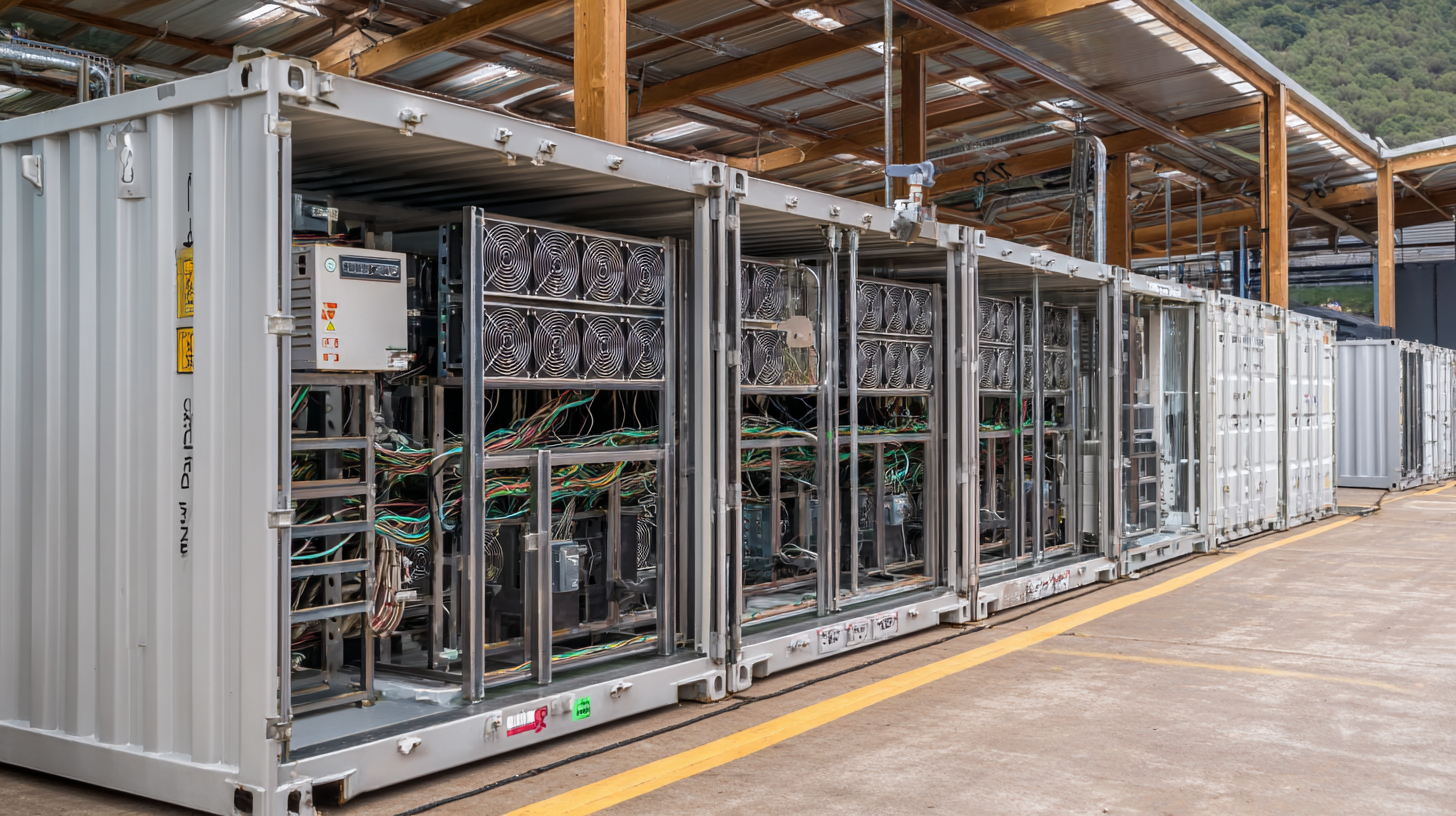
Innovative Energy Solutions for Green Bitcoin Mining
As the cryptocurrency landscape evolves, innovative energy solutions are emerging to address the environmental concerns associated with Bitcoin mining. Recent studies highlight the significant impact of Bitcoin's energy and water consumption on sustainability, leading to a robust discourse on how to transition toward greener mining practices. One promising avenue is the development of mining containers that leverage renewable energy sources, offering a viable way to minimize carbon footprints.
Countries like Brazil have already begun exploring groundbreaking ventures that harness renewable energy for Bitcoin mining, transforming local resources into sustainable profit. Meanwhile, advancements in thermal design and waste-to-energy technologies are paving the way for a more eco-friendly approach to mining operations. As the industry recognizes the potential of integrating green energy solutions, reports indicate that over 52% of Bitcoin mining now utilizes sustainable energy, marking a pivotal shift toward a more environmentally responsible future in digital asset management. This transition not only addresses ecological challenges but also enhances the profitability and sustainability of the cryptocurrency ecosystem.
Regulatory and Economic Implications of Sustainable Mining Practices
As sustainable Bitcoin mining practices gain momentum, regulatory frameworks are beginning to adapt to ensure environmental compliance and promote green energy use. Governments worldwide are increasingly recognizing the need to balance technological innovation with ecological preservation. Consequently, regulations are emerging that not only require disclosures on energy consumption and carbon footprints but also incentivize miners to utilize renewable energy sources. This creates a more structured environment where sustainable practices are rewarded, fostering the growth of eco-friendly mining operations.
Additionally, the economic implications of these regulatory changes are significant. Companies that integrate sustainable practices into their operations will likely see reduced operational costs in the long run, thanks to energy efficiencies and potential tax incentives. As the demand for cryptocurrencies continues to evolve, the emphasis on sustainability could lead to a shift in the competitive landscape. Miners who adopt eco-friendly technologies may attract investment and partnerships from environmentally conscious stakeholders, thus enhancing their market position. This economic shift not only supports individual miners but also contributes to a larger movement toward a more sustainable cryptocurrency ecosystem.
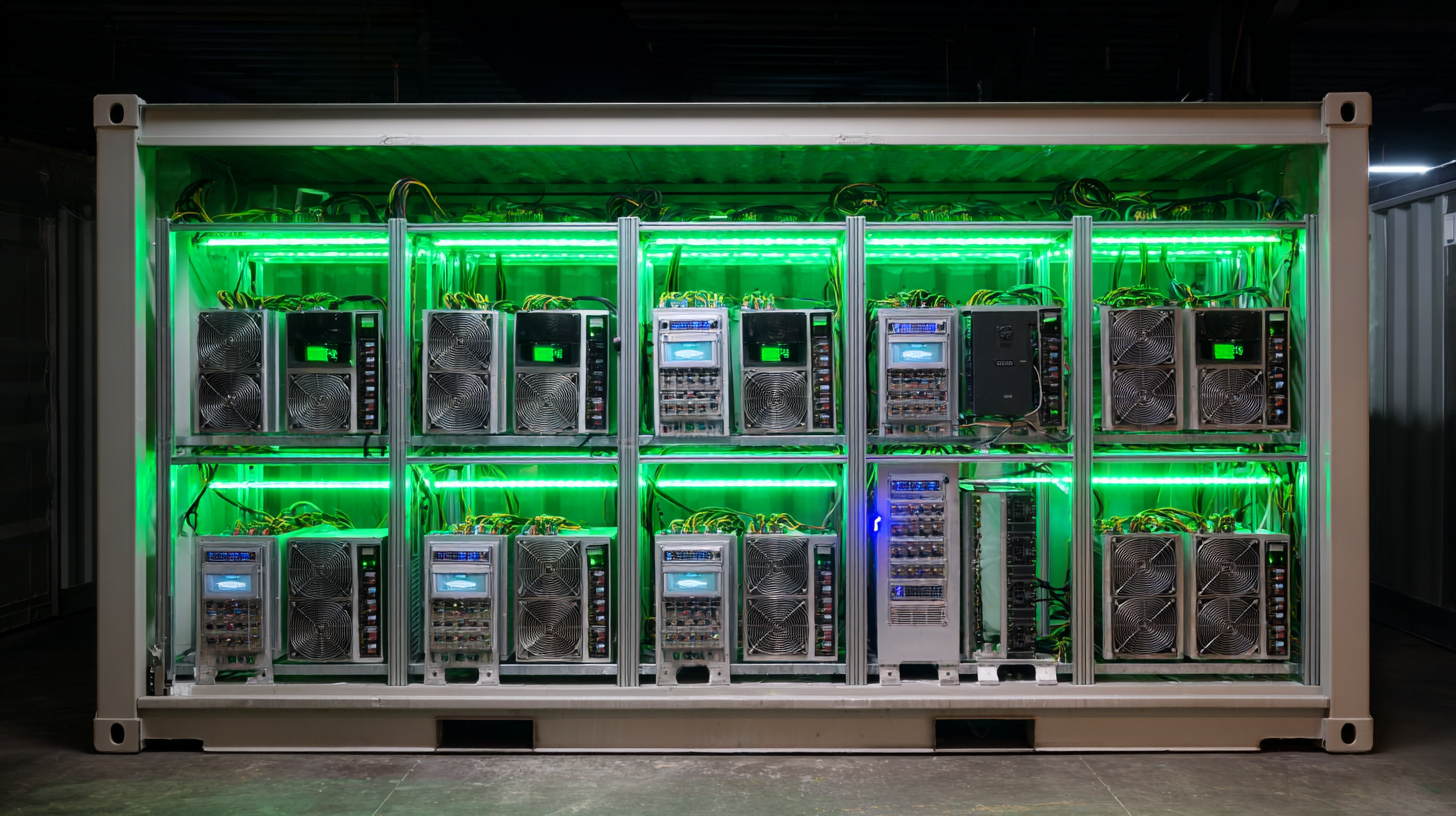
Future Trends in Renewable Energy Adoption for Cryptocurrency Mining
As the cryptocurrency mining landscape continues to evolve, the push towards renewable energy adoption is gaining momentum. According to a report from the Cambridge Centre for Alternative Finance, as of 2022, an estimated 58% of Bitcoin mining operations were powered by renewable sources. This shift reflects a broader trend within the industry, as miners increasingly recognize the environmental impact of traditional energy sources. By transitioning to renewable energy, the industry not only minimizes its carbon footprint but also reduces operating costs in regions where green energy is abundant and affordable.
Furthermore, innovative solutions such as sustainable Bitcoin mining containers are emerging as a significant trend. These containers are designed to integrate renewable energy sources, such as solar panels and wind turbines, directly into the mining process. A study by the International Energy Agency suggests that the deployment of such technologies could lead to a reduction of up to 60% in greenhouse gas emissions associated with cryptocurrency mining. As regulatory pressures mount and consumers become more eco-conscious, the importance of sustainable practices in cryptocurrency mining will likely amplify, steering the industry towards a greener future.
Related Posts
-
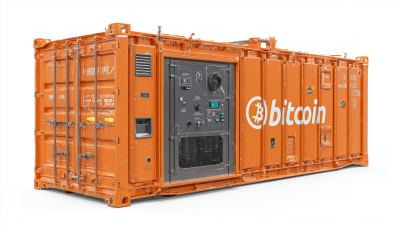
2025 Bitcoin Mining Container Market Insights and Essential Strategies for Success
-
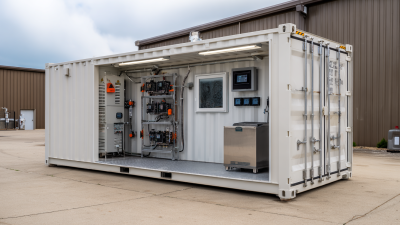
How to Optimize Your Best Bitcoin Mining Container for Maximum Efficiency
-
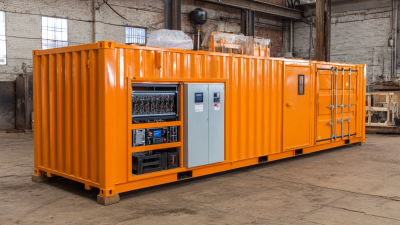
What is a Portable Bitcoin Mining Container and Why You Should Consider One
-

7 Essential Tips for Selecting the Best Bitcoin Mining Container Manufacturer Worldwide
-
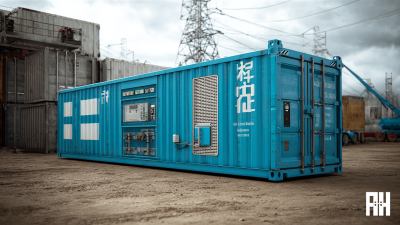
Revolutionary Chinese-Made Bitcoin Mining Containers Now Available for Global Export
-
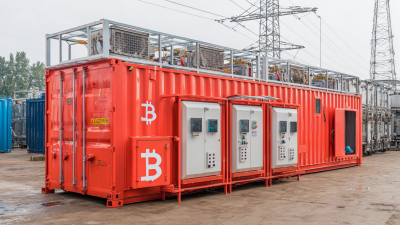
How to Optimize Your Bitcoin Mining Container for Maximum Efficiency
